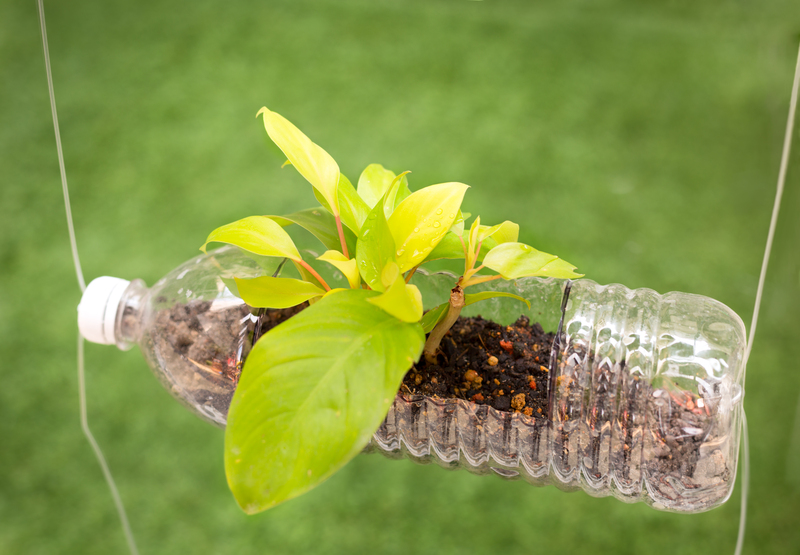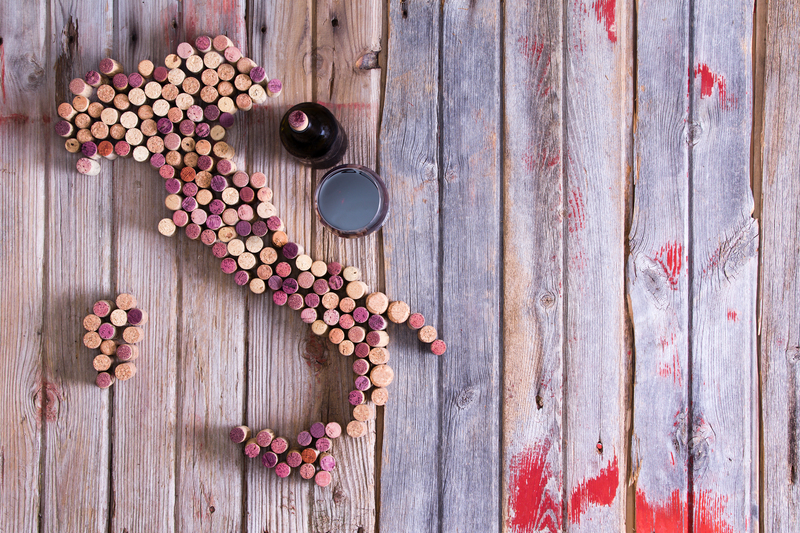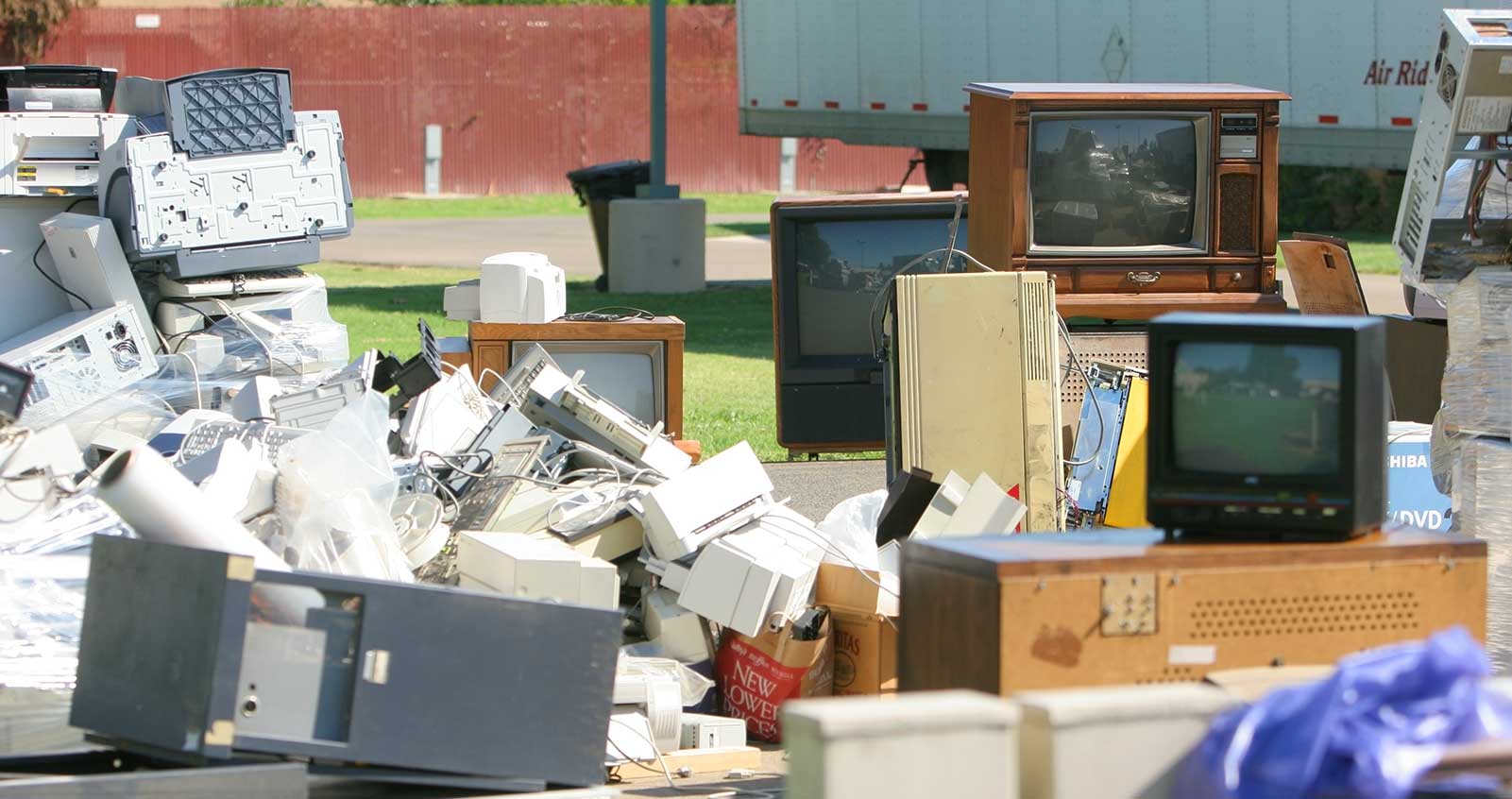Forget Plastic Bottles
Posted on 26/08/2024
In today's world, environmental sustainability has become a pressing concern. One of the most talked-about changes we can make is to forget plastic bottles. Plastic bottles, though convenient, come with numerous disadvantages that far outweigh their benefits. This article will delve into why you should ditch plastic bottles, the environmental impact, and effective alternatives.
The Impact of Plastic Bottles on the Environment
Plastic bottles are a significant contributor to environmental pollution. They are mostly made from polyethylene terephthalate (PET), which takes hundreds of years to decompose. During their long life cycle, they can create massive waste issues and contribute to various forms of pollution.

Marine Pollution
One of the most visible effects of plastic bottles is marine pollution. According to a report by the Ellen MacArthur Foundation, there will be more plastic than fish in the ocean by 2050 if the current rate of pollution continues. Microplastics resulting from the breakdown of plastic bottles are ingested by marine life, entering the food chain and potentially affecting human health.
The Carbon Footprint of Plastic Bottles
Producing plastic bottles is an energy-intensive process. It involves the extraction and refining of petroleum, which releases a significant amount of greenhouse gases. Furthermore, the transportation of these bottles across large distances adds to their carbon footprint.
Health Concerns
Plastic bottles can also pose health risks. Many contain Bisphenol A (BPA), a chemical that can leach into the water and disrupt hormonal functions in humans. Although BPA-free bottles are available, they are not completely safe as they may contain other harmful chemicals.
Alternatives to Plastic Bottles
Switching to alternatives can drastically reduce the environmental and health impacts of plastic bottles. Let's explore some of the most effective options.
Stainless Steel Bottles
Stainless steel bottles are durable, reusable, and free from harmful chemicals. They keep your beverages hot or cold for extended periods and are an excellent long-term investment.
Glass Bottles
Glass bottles are another safe alternative. They do not leach chemicals, are recyclable, and maintain the taste of your beverages. However, they are fragile and may not be suitable for all situations.
Hydration Bladders and Packs
For athletes and adventure enthusiasts, hydration bladders offer a practical solution. They are compact, easy to carry, and eliminate the need for single-use plastic bottles.
The Pros and Cons of Alternative Bottles
Pros
- Environmental Benefits: Reduces waste and pollution.
- Health Benefits: Free from harmful chemicals like BPA.
- Durability: Long-lasting and economical in the long run.
- Aesthetic Appeal: Available in various designs and materials.
Cons
- Cost: Initial investment can be higher.
- Maintenance: Requires regular cleaning to avoid bacterial build-up.
- Fragility: Some materials like glass can break easily.
Tips for Reducing Plastic Bottle Use
- Buy Reusable Bottles: Invest in high-quality bottles that last.
- Stay Hydrated: Carry your reusable bottle everywhere to avoid buying bottled water on the go.
- Filter Your Water: Use home filtration systems to ensure your tap water is safe and tastes good.
- Educate Others: Spread awareness about the environmental impact of plastic bottles.

Takeaways
Switching from plastic bottles to more sustainable options can significantly benefit the environment and our health. Understanding the grave impacts of plastic pollution and making conscious choices is the first step toward creating a greener planet.
Conclusion
The move to forget plastic bottles is not just a trend but a necessity. With the increasing awareness of environmental issues and the availability of better alternatives, making this switch is easier than ever. By choosing reusable bottles, we contribute to a healthier planet and a safer future.
Let's make the conscious decision to forget plastic bottles and choose sustainability. Our small steps today can make a big difference in the future. Make the switch now and contribute to a greener Earth.




